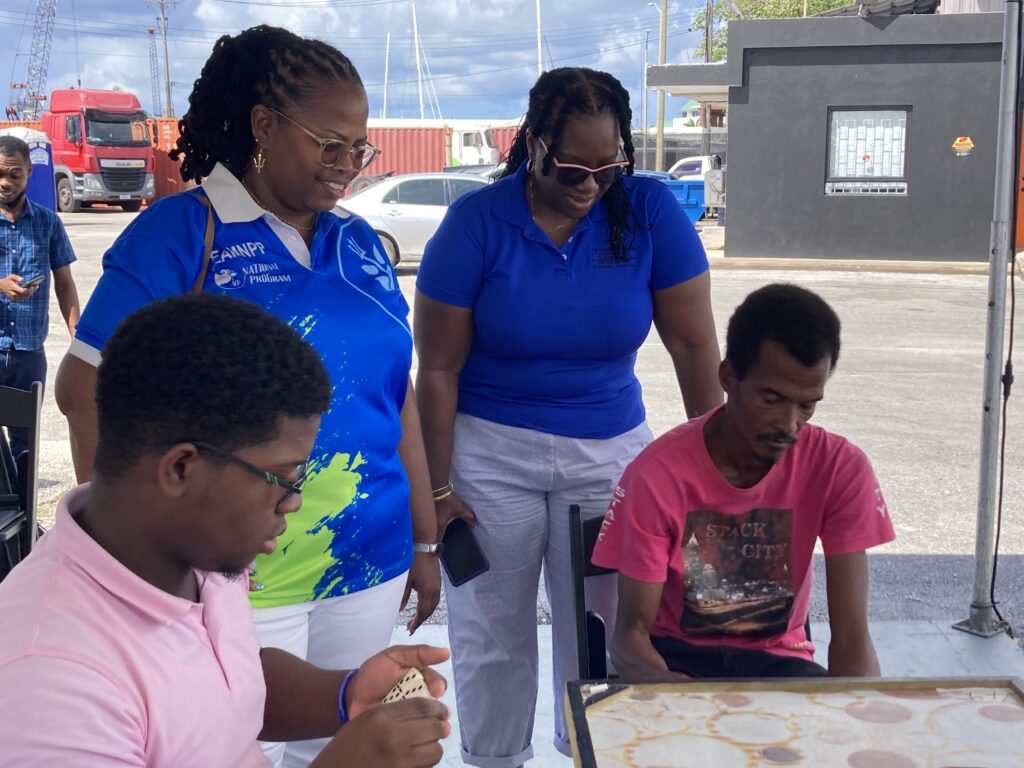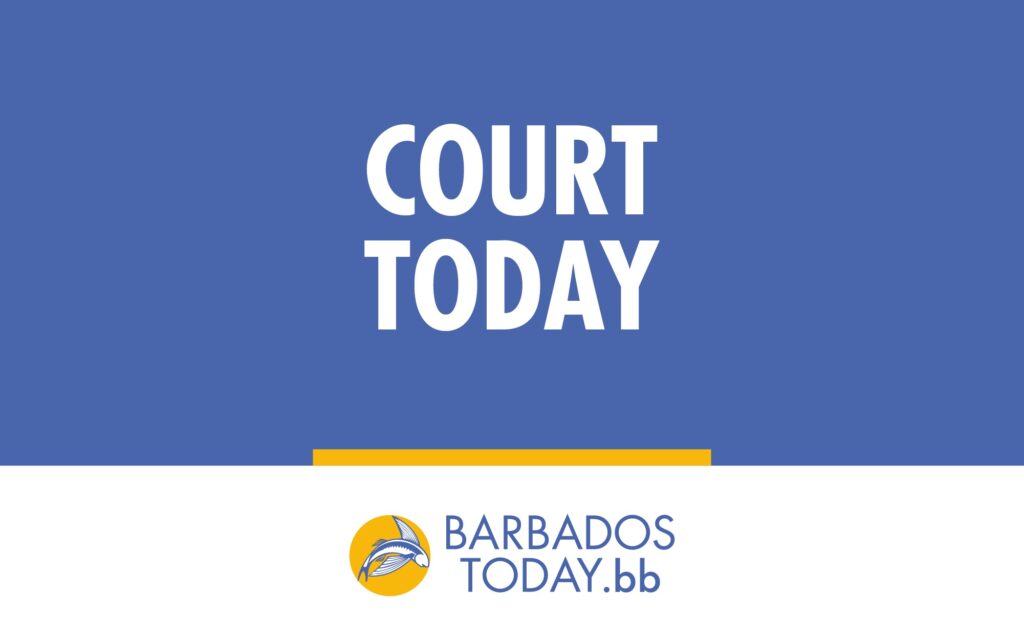Lebanon’s Hezbollah group confirmed on Saturday that its leader and one of its founders, Hassan Nasrallah, was killed in an Israeli airstrike in Beirut the previous day.
A statement said Nasrallah “has joined his fellow martyrs.” Hezbollah vowed to “continue the holy war against the enemy and in support of Palestine.”
Nasrallah, who led Hezbollah for more than three decades, is by far the most powerful target to be killed by Israel in weeks of intensified fighting with Hezbollah. The Israeli military said it carried out a precise airstrike on Friday while Hezbollah leadership were meeting at their headquarters in Dahiyeh, south of Beirut.
The Lebanese Health Ministry said six people were killed and 91 injured in the strikes, which leveled six apartment buildings. Ali Karki, the commander of Hezbollah’s Southern Front and other commanders were also killed, the Israeli military said.
Iran announced Saturday that a prominent general in its paramilitary Revolutionary Guard sanctioned by the U.S. died in the same airstrike. Abbas Nilforushan, 58, who the U.S. identified as
the deputy commander for operations in the Guard, was killed Friday, Iran’s state-run IRNA news agency reported.
Lt. Col. Nadav Shoshani, an Israeli army spokesperson, said the airstrike was based on years of tracking Nasrallah along with “real time information” that made it viable. He declined to say what
munitions were used in the strike or provide an estimate on civilian deaths, only saying that Israel takes measures to avoid civilians whenever possible.
The Palestinian militant group Hamas in a statement issued condolences to its ally, Hezbollah. Nasrallah frequently described launching rockets against northern Israel as a “support front” for
Hamas and Palestinians in Gaza.
It said that “assassinations will only increase the resistance in Lebanon and Palestine in determination and resolve.”
Immediately after the confirmation from Hezbollah, people starting firing in the air in Beirut and other areas of the country, to mourn Nasrallah’s death. “Wish it was our kids, not you, Sayyid!” said one woman, using an honorific title for Nasrallah, as she clutched her baby in the western city of Baabda.
News of Nasrallah’s killing sent a shockwave through Lebanon’s only international airport, where hundreds of Lebanese were scrambling to leave the country despite limited flights. Some travellers were in tears. Others were on the phone with relatives in disbelief. One woman screamed on the phone, “No! It was just an announcement! No, he didn’t die!”
Israel vows to keep up attacks on Hezbollah
Israel’s Chief of Staff, Lt. Gen. Herzi Halevi, said Saturday that the elimination of Nasrallah was “not the end of our toolbox,” indicating that more strikes were planned. Defense Minister Yoav Gallant called it “the most important targeted strike since the founding of the State of Israel.”
Israel has vowed to step up pressure on Hezbollah until it halts its attacks that have displaced tens of thousands of Israelis from communities near the Lebanese border. The recent fighting has also
displaced more than 200,000 Lebanese in the past week, according to the United Nations.
The military said Saturday it was mobilizing additional reserve soldiers as tensions escalate with Lebanon, activating three battalions of reserve soldiers to serve across the country. It sent two brigades to northern Israel earlier in the week to train for a possible ground invasion.
Shoshani, the army spokesperson, said that Israel has inflicted heavy damage on Hezbollah’s capabilities over the past week by targeting a combination of immediate threats and strategic weapons, such as larger, guided missiles. But he said much of Hezbollah’s arsenal still remains intact and that Israel would continue to target the group.
The Israeli military updated guidelines for Israeli citizens, canceling gatherings of more than 1,000 people due to the ongoing threat.
Approximately 60,000 Israelis have been evacuated from their homes along the Lebanese border for almost a year. Earlier this month, Israel’s government said halting Hezbollah’s attacks in the
country’s north to allow residents to return to their homes is an official war goal.
A year of hostilities between Israel and Hezbollah Hezbollah started firing rockets on Israel in support of Gaza on Oct. 8, a day after Hamas militants launched an unprecedented attack
on Israel, killing some 1,200 people and abducting another 250.
Since then, the two sides have been engaged in cross-border strikescthat have gradually escalated and displaced tens of thousands of civilians on both sides of the border.
Hostilities escalated dramatically last week when thousands of explosives hidden in pagers and walkie-talkies used by Hezbollah detonated, killing dozens of people and leaving thousands, including many civilians, with severe injuries to the eyes, face and limbs.
Irael is widely believed to be behind the attack. Israel also killed several top Hezbollah commanders in Beirut, especially in the past two weeks, in addition to the attack that killed Nasrallah.
A window of opportunity for Israel, Lebanon Orna Mizrahi, a senior researcher at the Tel Aviv-based think tank Institute for National Security Studies and former intelligence analyst for the Israeli military and prime minister’s office, noted that Nasrallah was sometimes a “voice of reason,” interested in engaging Israel in a war of attrition and holding the militant group back from using the full force of their formidable arsenal against Israel.
Nasrallah’s death could prompt some less senior members of Hezbollah to unleash much stronger weapons than have been used in the nearly yearlong exchange of hostilities between Hezbollah and
Lebanon, she said. The biggest question mark right now, though, is how Iran will respond, said Mizrahi.
She added that Nasrallah’s death could provide a window of opportunity, while the organization is significantly weakened, for Lebanon to dilute Hezbollah’s far-reaching influence, especially in
the south, that threatens to drag Lebanon into a full-scale war with Israel.
Continuing strikes on both sides of the border
On Saturday morning, the Israeli military carried out more than 140 airstrikes in southern Beirut and eastern Lebanon’s Bekaa Valley, including targeting a storage facility for anti-ship missiles in Beirut suburb of Dahiyeh. Israel said the missiles were stored underground beneath civilian apartment buildings.
Hezbollah launched dozens of projectiles across northern and central Israel and deep into the Israel-occupied West Bank, damaging some buildings in the northern town of Safed.
In Beirut’s southern suburbs, smoke rose and the streets were empty after the area was pummeled overnight by heavy Israeli airstrikes. Shelters set up in the city center for displaced people were overflowing. Many families slept in public squares and beaches or in their cars. On the roads leading to the mountains above the capital, hundreds of people could be seen making an exodus on foot,
holding infants and whatever belongings they could carry.
A total of 1,030 people — including 156 women and 87 children — have been killed in Israeli strikes in Lebanon in less than two weeks, the country’s health minister said Saturday.
SOURCE: The Associated Press
The post Hezbollah confirms its leader Hassan Nasrallah was killed in an Israeli airstrike appeared first on Barbados Today.


